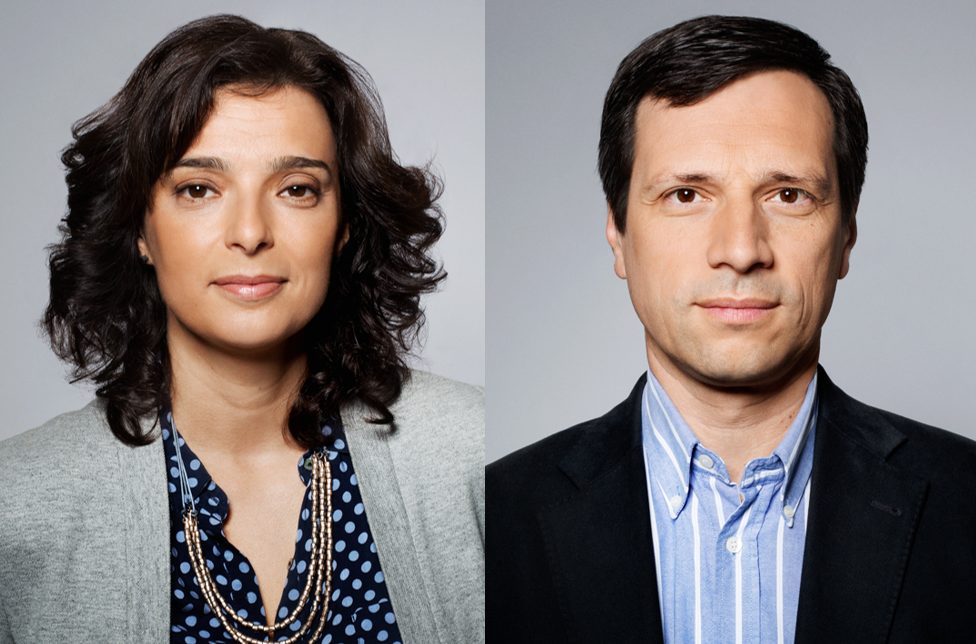Maria Manuel Mota is one of the Portuguese recipients of eight Health Research grants from “la Caixa” Banking Foundation. Each researcher will receive up to 1 million euros for three years to develop their research projects in areas such as infectious diseases, neurosciences and metabolic diseases. Within this initiative, Miguel Castanho group leader at iMM and Professor at Faculdade de Medicina da Universidade de Lisboa is a collaborator of an awarded project coordinated by a Spanish research group.

Maria Manuel Mota, group leader and Executive Director at iMM, will receive around 500 000 € to coordinate a project that aims to unveil the “Achilles heel” of the malaria parasite. Malaria remains the most serious parasitic infectious disease, killing one child every two minutes. The infection starts when Anopheles mosquitoes inject Plasmodium sporozoites into the skin of the vertebrate host. In mammals, these parasites target the liver and hepatocytes, where they replicate generating tens of thousands of merozoites. However, the explanation for this intensive replication rate remains unknown. Now, the team led by Maria Mota aims to understand how the resources available in the mammalian liver have shaped the evolution of the Plasmodium parasites. Maria Mota says: “By understanding how Plasmodium engages this key host cell’s resource we aim to unveil the parasite “Achilles heel”. This will establish a novel paradigm in our understanding of the parasite’s behavior and will pave the way for new prophylactic/therapeutic targets against malaria.”
Miguel Castanho, group leader at iMM, will receive about 230 000 € as a collaborator of a project led by David Andreu, principal investigator at Department of Experimental and Health Sciences of Universitat Pompeu Fabra, in Barcelona. Together with a team in Brazil, they propose to tackle Zika virus infections responsible for anatomic malignancies in the brain of newborn babies, such as microcephaly, when pregnant women are infected. “Currently there are no vaccines or medicines to fight Zika virus and in this project, we propose to develop smart molecules that can travel from the mother to the foetus brain, inactivating Zika virus”, explains the Portuguese researcher Miguel Castanho.
Other Portuguese awardees include Colin Adrain (Instituto Gulbenkian de Ciência, IGC), Carlos Ribeiro and Leopoldo Petreanu (both from the Champalimaud Foundation) and also Rui Castro (iMed.ULisboa), Rodrigo Cunha (CNC, Universidade de Coimbra), Agostinho Carvalho (Universidade do Minho) and Joaquim Correia (Universidade do Porto).